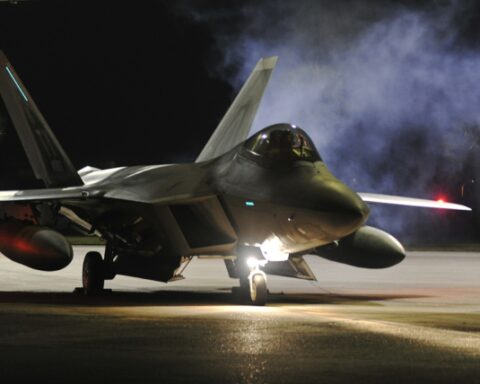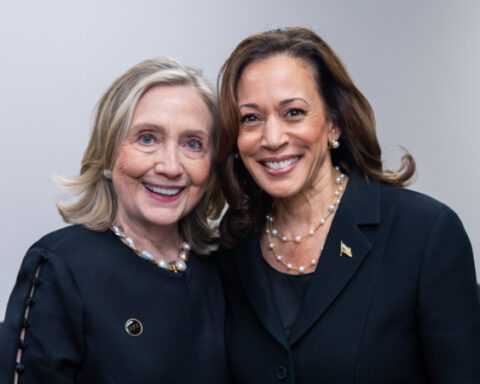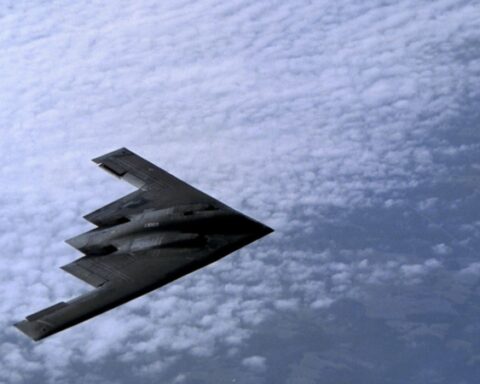A pre-dawn Israeli military operation in southern Syria erupted into deadly clashes Friday, further straining relations between the two countries as Israel continues efforts to secure its vulnerable northern frontier. The raid, conducted in the Syrian village of Beit Jinn less than ten miles from Israel’s border, underscores the unstable security environment Israel faces even as fighting in Gaza enters a fragile cease-fire.
According to the Israeli military, troops entered Beit Jinn to apprehend two suspected militants but were met with gunfire. Syria’s state-run media reported at least 13 people killed in the subsequent shootout, while Israel said six of its soldiers were wounded, three severely.
The exchange comes amid ongoing regional volatility following the Oct. 7, 2023, Hamas-led attacks on Israel’s southern communities. In the aftermath, Israel has worked to build and reinforce buffer zones not only along its border with Gaza but across Lebanon and southern Syria to prevent terrorist groups from operating close to Israeli towns.
Southern Syria has been especially tense since President Ahmed al-Sharaa seized power last year, toppling Bashar al-Assad in a rapid rebel offensive. Sharaa’s government has strongly condemned Israel’s military activities in Syrian territory, calling them violations of sovereignty. But Israel, facing continuous threats from hostile groups using Syria as a staging area, has pushed deeper into the border region.
After Assad’s collapse, Israel quickly established control over a 155-square-mile buffer zone inside Syria. Israeli officials have indicated their forces may remain for an extended period, citing national security. Israel has launched hundreds of airstrikes targeting remnants of Assad’s military infrastructure and installed patrol outposts to monitor militant activity. Israel has also demanded that the new Syrian leadership maintain a demilitarized zone south of Damascus and struck Syria’s military headquarters in Damascus in July, saying the action was to protect the Druze minority from sectarian attacks.
Israeli Prime Minister Benjamin Netanyahu and top defense officials visited the buffer zone last week, meeting with troops and sending a clear signal that withdrawal is not imminent. Syria’s foreign ministry condemned the visit as “illegal” and a direct violation of Syrian sovereignty.
Nir Boms, a Syria expert at Tel Aviv University, said the message was unmistakable: Israel will not tolerate armed militias operating near its borders, particularly in light of the events of Oct. 7.
The tensions have frustrated the United States, which supports Sharaa after his pledge to reform the Syrian government and reunify a nation fractured by years of civil war. U.S.-mediated negotiations for a security agreement between Syria and Israel appear to have stalled, adding to the sense of regional uncertainty.
Friday’s clashes were among the most violent since Assad’s fall, sparking anger among Syrians who view Israel as the aggressor. Analysts note that many Syrians do not perceive smaller anti-Israel groups as threats, instead blaming Israel for the instability when military operations occur.
The Israeli military said its troops acted on intelligence indicating the presence of two members of al-Jamaa al-Islamiya, a militant organization with ties to Hamas and Hezbollah. The group, according to Israel, maintains military sites in southern Lebanon and operates terror infrastructure along the Lebanon-Syria border. The suspects were accused of planting bombs and planning rocket attacks on Israel. After detaining the men, Israeli troops came under attack and returned fire, killing several additional suspects and arresting others.
While some analysts believe Israel and Syria still share limited areas of potential cooperation, Israel’s willingness to act unilaterally makes such cooperation difficult. According to Boms, a long-term solution requires a formal security framework that establishes trust — something still far from reach as clashes continue along Israel’s northern borders.
[READ MORE: Putin Signals Openness to Trump Administration Peace Plan but Calls Proposal a “List of Questions” Needing Major Work]









